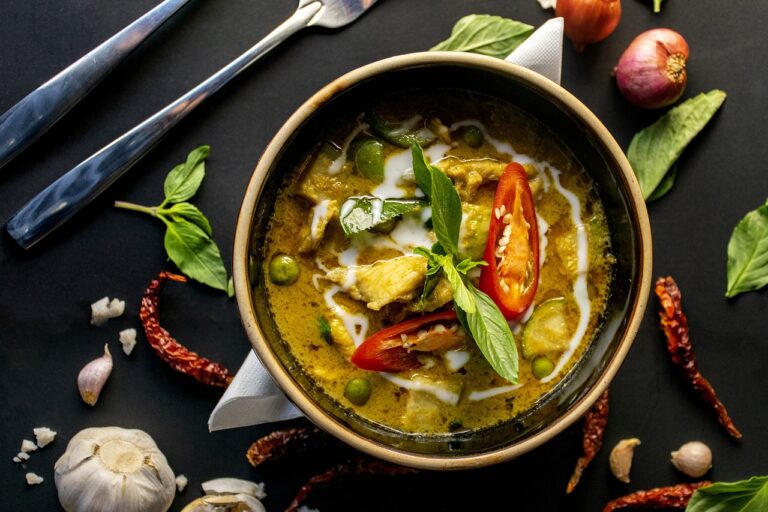The Role of Food Trucks in Street Food Culture
Food trucks have come a long way from their humble beginnings, which can be traced back to the late 17th century. Originally serving basic fare to laborers and sailors, these mobile eateries have undergone a remarkable transformation over the years. What once started as simple carts offering convenient meals has evolved into a booming industry, showcasing a wide range of culinary delights.
The modern-day food truck scene is a vibrant and dynamic landscape, offering a diverse array of cuisines to suit every palate. From gourmet burgers and tacos to exotic fusion dishes and vegan delights, food trucks today cater to a wide range of tastes and preferences. With their innovative menus and creative concepts, food trucks have successfully carved out a unique niche in the culinary world, attracting food enthusiasts looking for delicious and convenient dining options.
Historical Significance
From ancient civilizations to modern day societies, the concept of mobile food vendors has deep-rooted historical significance. The evolution of food trucks can be traced back to the streets of ancient Rome, where bread and wine were sold from street carts. In the 17th century, early versions of food trucks called “cookshops” in London provided convenience to busy individuals looking for a quick meal.
As time progressed, food trucks became pivotal during major historical events. During World War I, food trucks known as “canteens on wheels” were used to provide nourishment to soldiers on the battlefield. In the United States, the Great Depression saw the rise of “Chuck Wagons,” offering affordable meals to communities struggling with economic hardships. The historical significance of food trucks lies in their ability to adapt to the needs of society and serve as a symbol of resilience in challenging times.
Culinary Diversity
In the realm of food trucks, you can find a myriad of cuisines that cater to diverse palates. From classic American comfort food like burgers and fries to exotic flavors of Japanese sushi or Mexican tacos, the culinary offerings are vast and varied. Each food truck represents a unique culinary experience, embracing traditional recipes alongside modern twists to create a fusion of flavors that tantalize taste buds.
Furthermore, the culinary diversity seen in food trucks reflects the multicultural fabric of society. Beyond satisfying hunger pangs, these mobile eateries serve as a platform for cultural exchange through food. Whether you’re craving authentic Italian pasta, spicy Indian curry, or fresh Mediterranean salads, food trucks provide a culinary journey that celebrates the rich tapestry of global gastronomy.
What is the significance of culinary diversity?
Culinary diversity is important as it allows for a wide range of flavors and ingredients to be explored, celebrating different cultures and traditions through food.
How has the food truck industry evolved over time?
The food truck industry has evolved from simple hot dog stands to gourmet food trucks offering a variety of cuisines and flavors.
Why is it important to understand the historical significance of culinary diversity?
Understanding the historical significance of culinary diversity helps us appreciate the origins of different dishes and the cultural influences that have shaped our food landscape.
How can we support culinary diversity in our communities?
We can support culinary diversity by trying out different cuisines, visiting food trucks, and restaurants that offer authentic dishes from various cultures.







